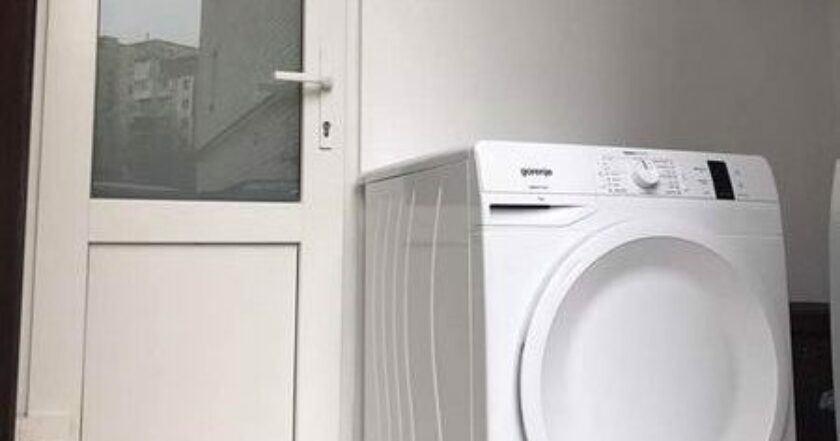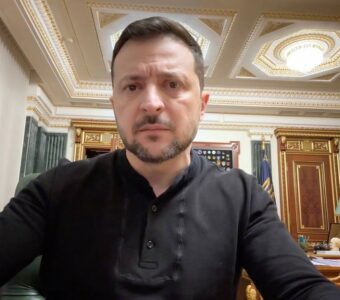russia disassembles washing machines to repair tanks and UAVs

EU diplomats have discovered an alarming increase in the sale of washing machines to russia. Parts of this equipment can be used in the russian federation to repair tanks and UAVs.
The Telegraph reports this.
The European Union may impose trade restrictions on countries that help russia buy washing machines and used cars to repair russian tanks that were damaged on the battlefield in Ukraine.
Officials monitoring trade flows to russia have seen a significant increase in trade in consumer goods between the bloc and the kremlin's traditional allies in Central Asia.
There are fears that the new routes, the activity of which has increased by 60-80%, are used by russia to bypass the implementation of Western sanctions designed to stop its military machine.
European capitals are discussing plans to hit countries that help russia evade punitive measures through trade sanctions, according to a confidential publication seen by the Telegraph.
The proposal could result in any country, company, or individual being restricted from accessing the single market if the evidence is found that they have re-exported banned goods to russia.
" We should give a strong signal to persons and entities in third states. Providing material support to russia's military and defense-industrial base will have serious consequences for their access to the EU market," the confidential document says.
Many of the goods being transported contain so-called "dual-use" technologies. That is, they have both military and civilian applications, which are included in the list of goods prohibited for export to russia.
Officials noted that mainly washing machines, used cars, and cameras are among the goods exported from the EU to countries such as Kazakhstan, Kyrgyzstan, and Uzbekistan.
It is feared that many of the goods are disassembled, and the semiconductors and other components are used to restore russian tanks, armored vehicles, and surveillance drones that were damaged in Ukraine.
"This is a huge problem. A significant part of these sanctions are being undermined," said a high-ranking diplomatic source in the EU.
Most cargo from the EU goes to belarus via the land border with Lithuania and is then re-exported to Central Asia.
Officials can trace export declarations all the way to the bloc's external border before the shipments actually disappear and are possibly moved to russia.
Most cargo leaves the EU through the bloc's land border with belarus.
Poland closed the border to close the loophole, but the route between Lithuania and Belarus remains open.
In private conversations, Lithuania complained that 97% of trade across its border with belarus comes from other member states.
Lithuania is among 19 member states that have approved a plan to impose trade restrictions on countries that help russia.
Under the plan, as well as expanding sanctions on russia's allies, the bloc will first seek diplomatic talks with Central Asian countries to warn them of the consequences.
Kazakhstan, one of moscow's closest regional partners, has already promised to monitor goods passing through the country.
Last year, the country's trade with russia increased as sanctions prevented russian access to Western markets.
Representatives of Kazakhstan promised to publish "real-time tracking of the entire chain of movement of goods from border to border."
"We understand all the risks of secondary sanctions, so we are closely monitoring our mutual trade with all partners," the Kazakh official told the FT.
G7 diplomats are also closely watching Turkey, Armenia, and the UAE for potential aid offered to russia's war machine.


















































